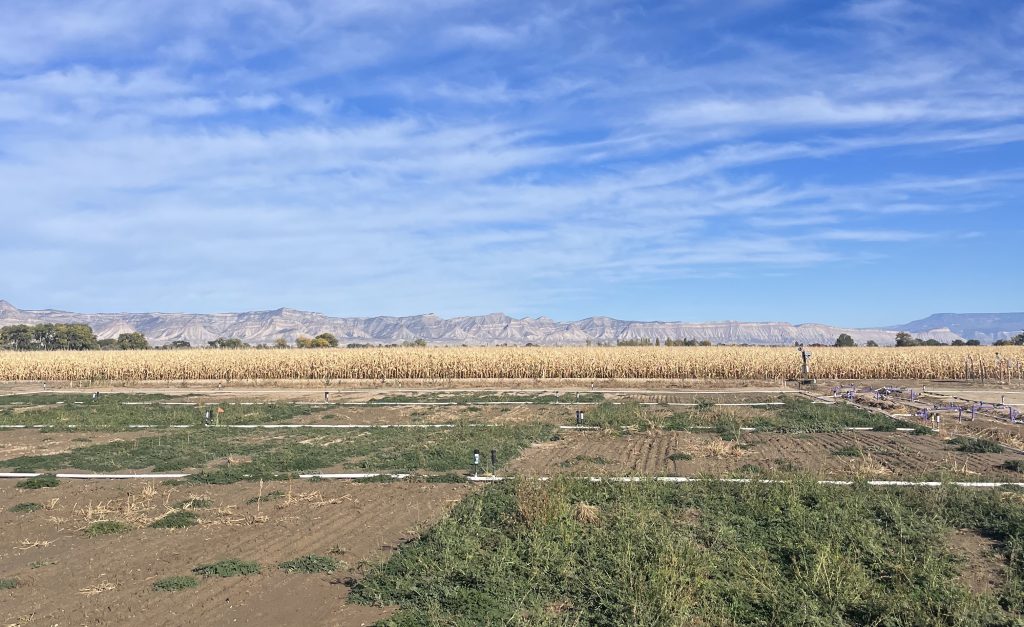Colorado Farmers Face Setback: Federal Funding Cuts Threaten Vital Soil Health Program

Colorado's Soil Health Initiative in Jeopardy as Federal Funding Dries Up
Colorado’s agricultural sector is facing a significant challenge as the U.S. Department of Agriculture (USDA) has announced a reduction in funding for the state’s soil health program. The program, launched in 2021, aimed to empower producers by removing obstacles to adopting sustainable practices that enhance soil quality and boost overall agricultural output. The sudden withdrawal of millions of dollars from the Climate Smart Commodities grant leaves many farmers questioning the future of these crucial initiatives.
The Promise of Soil Health: A Win-Win for Farmers and the Environment
The initial soil health program was designed to address the complex issues farmers encounter when attempting to implement practices like cover cropping, no-till farming, and rotational grazing. These methods are not only beneficial for the land, improving its ability to retain water and nutrients, but also for the farmers themselves. Healthier soil translates to increased yields, reduced input costs (like fertilizers and pesticides), and greater resilience to drought and other climate-related challenges. The program aimed to provide technical assistance, financial incentives, and educational resources to facilitate this transition.
Climate Smart Commodities: A Key Component Now Under Threat
The funding cut stems from a review of the USDA's Climate Smart Commodities grant program. While the program's intent – to support agricultural practices that sequester carbon and reduce greenhouse gas emissions – remains laudable, concerns have been raised about the program's implementation and the distribution of funds. A recent audit revealed discrepancies and shortcomings in the oversight of the grants, leading to a reassessment of the program's priorities and a subsequent reduction in funding allocations across several states, including Colorado.
Impact on Colorado Farmers and the Future of Sustainable Agriculture
The loss of these funds will undoubtedly impact Colorado farmers who were relying on the program for support. Many had already begun implementing soil health practices and were experiencing positive results. The program’s cancellation could stifle innovation and slow the adoption of sustainable farming methods, potentially hindering the state’s efforts to mitigate climate change and build a more resilient agricultural system.
Agricultural experts are urging the USDA to reconsider the funding cuts and explore alternative solutions to support soil health initiatives. They emphasize the long-term benefits of investing in sustainable agriculture, not only for the environment but also for the economic viability of Colorado’s farming communities. The debate highlights the ongoing challenges in balancing climate goals with the needs of farmers and ensuring that government programs are effectively managed and accountable.
Looking Ahead: Seeking Solutions for Colorado's Agricultural Future
Colorado’s agricultural community is now exploring alternative funding sources and partnerships to continue its commitment to soil health. This includes seeking support from private foundations, exploring state-level funding opportunities, and collaborating with other organizations dedicated to sustainable agriculture. The situation underscores the importance of proactive advocacy and a continued focus on the vital role soil health plays in the future of Colorado’s food system.






